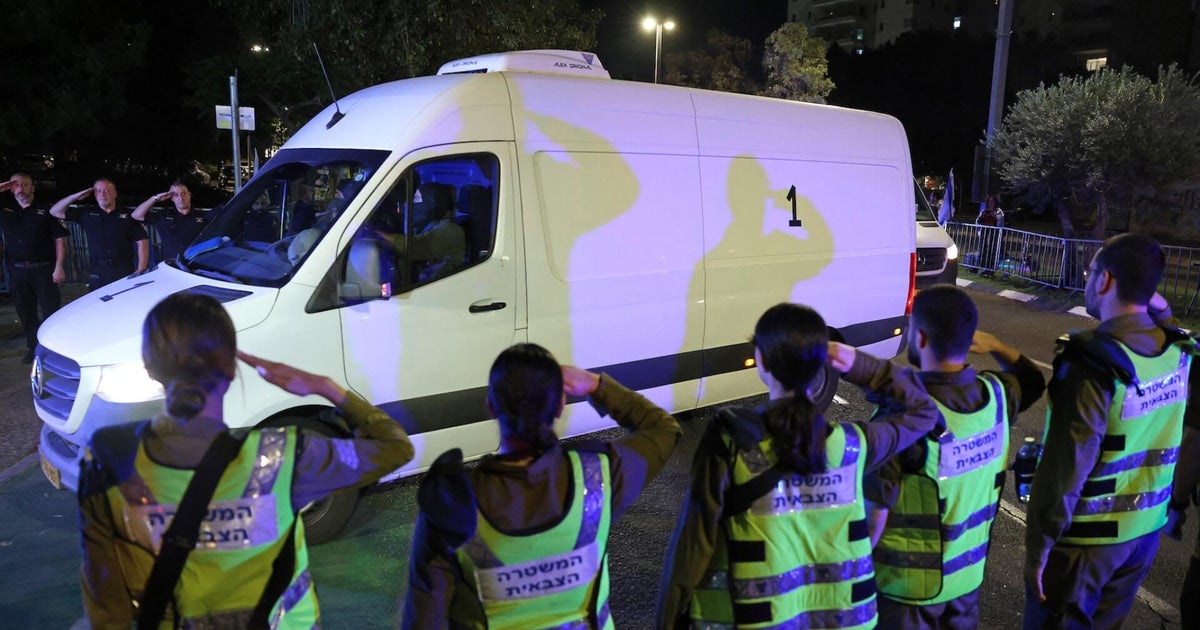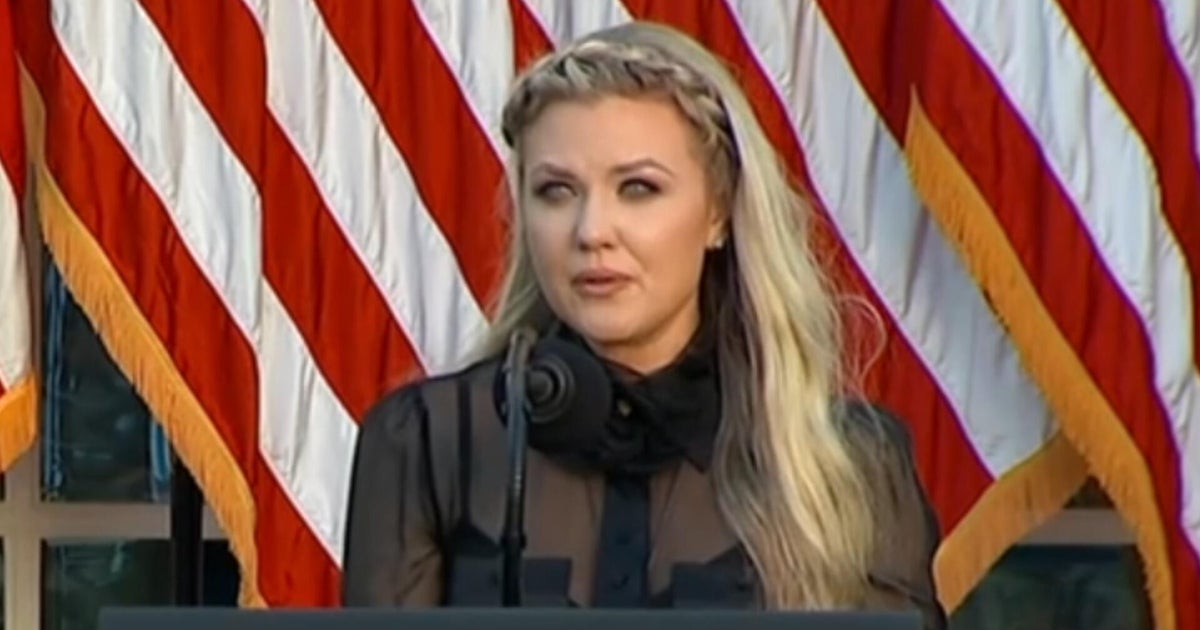A death row inmate in Missouri is set to be executed Tuesday after the state's governor denied his clemency petition.
Lance Shockley, 48, was convicted of first-degree murder for fatally shooting a Missouri state trooper in 2005, court records show. Shockley has maintained his innocence for the last 20 years, as his lawyers argued in multiple rounds of appeals that their client did not receive a fair trial or sentencing, claims that the state repeatedly refuted.
Missouri Gov. Mike Kehoe on Monday announced his decision to reject Shockley's plea to stay the execution, allowing the corrections department to proceed as planned with his lethal injection at the state prison in Bonne Terre.
"Mr. Shockley has received every legal protection afforded to him under the Missouri and United States Constitutions, and his conviction and sentence will remain for his brutal and deliberate crime," said Kehoe in the announcement. "The State of Missouri has—and will continue to—pursue justice to the fullest extent of the law. Carrying out Lance Shockley's sentence is evidence of our commitment to the pursuit of justice."
A jury unanimously convicted Shockley in the death of Missouri State Highway Patrol Sgt. Carl Graham, who was killed at his home on March 20, 2005, according to court records. Prosecutors had said during Shockley's trial that before Graham's murder, the patrolman was investigating Shockley for manslaughter, in connection with a car accident that took place in November 2004 and resulted in the death of a passenger, who was Shockley's friend, the records said.
Prosecutors said Shockley murdered Graham in an effort to stop his investigation into the wreck. Prosecutors alleged he drove to the patrolman's house, waited for Graham to return home, and, as he was exiting his vehicle, shot the state trooper multiple times before leaving the scene.
The prosecution said Shockley had borrowed a red Pontiac Grand Am from his grandmother on the day of the murder, and witnesses reported seeing a red car parked near Graham's home around the time it happened, according to court records. They also said bullet fragments found at the property of Shockley's uncle matched those recovered at the scene of the shooting.
But Shockley's attorneys have argued the state's case against him relied predominantly on circumstantial evidence. They also say the state failed to conduct DNA testing on "numerous pieces of critical evidence" found at the site of Graham's murder.
"From the beginning, this case has suffered from a failure of due diligence," said Jeremy Weis, one of Shockley's attorneys, in a July statement released through a website advocating for his client's clemency.
"There are significant issues with the prosecution's timeline. Several other viable suspects were overlooked and to this day, numerous pieces of critical evidence, up to 16 items, have never been tested for DNA," Weis' statement continued. "These items could hold the key to the truth to what really happened on March 20, 2005. Despite these facts, the court denied our motion to conduct DNA testing."
Although jurors convicted Shockley in Graham's murder, they could not agree on whether to sentence him to life in prison or impose capital punishment, court records show. Because of the deadlock, a trial court judge presiding over Shockley's case decided the sentence, and sentenced him to death.
Missouri and Indiana are the only two states in the U.S. where a judge can impose a death sentence in situations where the jury deadlocks on sentencing, according to the Death Penalty Information Center, a nonprofit organization that shares data and other resources about capital punishment but does not take a position on the issue.
Why states turning to uncommon execution methods
Why states are turning to execution methods like firing squads and nitrogen gas
(04:25)

.jpeg)























.jpeg)













 English (US) ·
English (US) ·